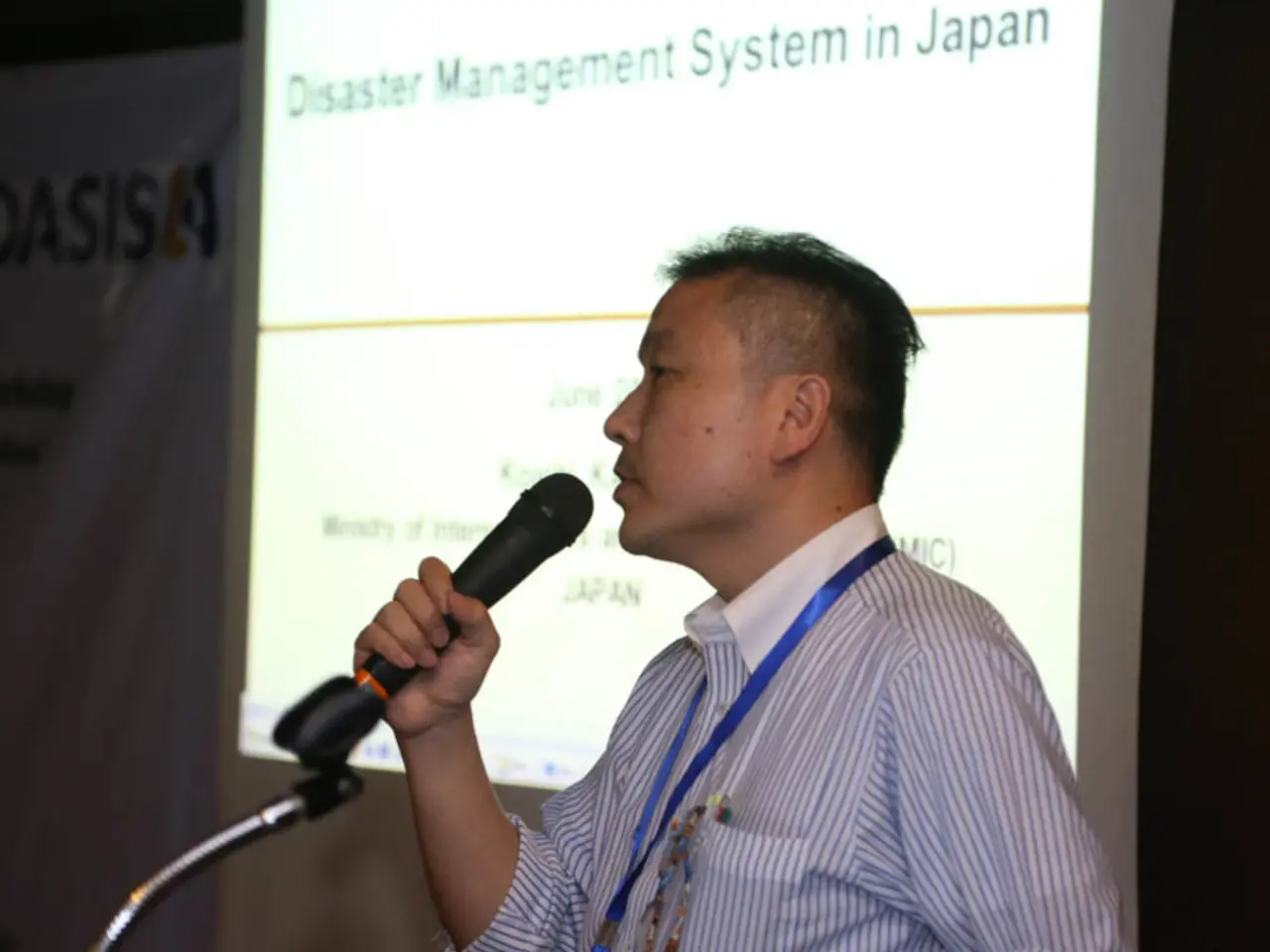Experiencing Life with Schizoid Personality Disorder: Guidance and Further Insights
In dealing with Schizoid Personality Disorder (SPD), a condition characterized by difficulty forming close relationships, preferring solitude, and appearing aloof or distant, a multi-faceted approach is often the most effective. While psychotherapy and medication are commonly used, supplementary strategies can significantly improve coping, emotional regulation, and social functioning.
Establishing a relationship with someone with SPD can be aided by sharing an interest in impersonal topics. However, it's crucial to adjust expectations, remain patient, and set clear boundaries and expectations when caring for someone with SPD.
Psychotherapy, such as Cognitive Behavioral Therapy (CBT), may help individuals with SPD become less reclusive and improve their relationships with others. Healthcare professionals also recommend Unconditional Positive Regard (UPR), an approach where people show total support and acceptance for a person.
Beyond traditional psychotherapy and medication, effective strategies for treating SPD involve a variety of complementary and holistic approaches. Mindfulness and meditation techniques can help manage stress and reduce emotional detachment often seen in SPD. Creative therapies, like art and music therapy, provide nonverbal ways to explore and express emotions, which may be difficult for individuals with SPD.
Support groups and social skills training can gradually help develop interpersonal skills and reduce isolation by providing a controlled social environment with shared understanding. Regular physical exercise and a balanced diet support overall mental health and can improve mood and energy levels, indirectly benefiting individuals with SPD.
Psychoeducation for families helps improve support networks and creates a more structured, understanding home environment conducive to better functioning. Holistic and behavioral interventions, like behavioral management strategies focusing on consistency, support, and autonomy, can help promote adaptive behaviors.
While pharmacological approaches play a limited role for SPD specifically, addressing co-occurring conditions such as anxiety or depression with medication may be necessary. It's important to note that progress with SPD often requires patience, consistency, and a strong therapeutic alliance due to challenges with trust and social engagement.
In dealing with someone with SPD, it's essential to avoid telling them how to feel or saying they are being overly sensitive. Learning more about the condition can help challenge any stigma about it and improve understanding within families.
It may also be useful to clarify how both people expect to speak to each other, how they expect to be spoken to, and what each person is or is not able to help with. Treatment options for SPD include psychotherapy and medication, although research on specific treatments for the condition is limited.
[1] American Psychiatric Association. (2013). Diagnostic and Statistical Manual of Mental Disorders (5th ed.). Arlington, VA: American Psychiatric Publishing. [2] Millon, T., & Davis, R. D. (2007). Disorders of Personality: DSM-IV and Beyond. New York, NY: Guilford Press. [3] Skodol, A. E., Gunderson, J. G., & Pfohl, B. (2002). Personality Disorders in Modern Life. Washington, DC: American Psychiatric Publishing. [4] Soloff, P. H., & Tohen, M. (2010). Schizoid Personality Disorder. In J. M. Oldham & R. Pies (Eds.), Textbook of Psychopharmacology in Clinical Psychiatry (3rd ed., pp. 1007–1012). Philadelphia, PA: Lippincott Williams & Wilkins. [5] Tyrer, P., & Dugas, M. (2014). Personality Disorders. In J. M. Oldham & R. Pies (Eds.), Textbook of Psychopharmacology in Clinical Psychiatry (4th ed., pp. 809–822). Philadelphia, PA: Elsevier.
Read also:
- Eight strategies for promoting restful slumber in individuals with hypertrophic cardiomyopathy
- Exploring the Strength of Minimally Digestible Diets: A Roadmap to Gastrointestinal Healing
- Secondhand Smoke: Understanding its Nature, Impact on Health, and Additional Facts
- Overseeing and addressing seizure-induced high blood pressure complications in pregnancy, known as eclampsia







